-
Senior Member
registered user
Has remastering mostly lost its sense?
For quite a few years, the basic advice about remastering has been: Don't do it. After all, most of those who really need to do it, know, and don't need to ask. 
With increasing media speeds and decreasing prices, the direct utility of a remastering becomes more and more questionable. Our programs don't need so much space as is offered, and one should think twice before remastering to make room for higher-volume data storage in loop-mounted file. That is best done on separate files/partitions/media.
When we let flash-knoppix set up a separate partition with a persistent store as big as we wish, we greatly reduce the need for remastering. With 4GB cloop + 4 GB persistent store, it is quite easy to run into the need for remastering, with a 4 + 8 setup, it is way harder. And using a 16GB stick (ca $20 worth?) to the full in a 4 + 12 setup, its _very_ hard to overfill it with programs and occasional user data during one year of use. Provided, of course, that we avoid bloatware.
And I don't think it is advisable to plan for much more than one year of use between version upgrades. If it is important to continue the use of an older version, that is much safer and better done by running it in a virtual machine. (It will of course often be possible to run a new release in a VM under an older version, too.)
The simple fact about remastering is that, as long as you don't purge a lot of programs from the original Knoppix release, it is little to win by doing it. If you, for example, install 4GB extra programs, that _may_ be compressed to just 1.6 GB of extra space, but more and more, program systems will already be compressed (like Java jar-files). And saving that best-case 2.4GB space earns you, say, about $5. Which may be a lot - if you produce thousands of copies.
And when you do purge a lot of programs, you are in the danger of introducing errors to the system. From my owm experience, that's not just a theoretical possibility, but a huge risk.
The best reason I know for remastering today, is to create a full 64-bits Knoppix. But that's not, generally, very easy. So other Debian-based distros offering 64-bits versions may provide a better point of departure. We still need a Knoppix alternative to debootstrap, knxbootstrap.
 Posting Permissions
Posting Permissions
- You may not post new threads
- You may not post replies
- You may not post attachments
- You may not edit your posts
-
Forum Rules


VINTAGE DEC Digital RK11-D STATUS M7254 PDP 11 (B1)
$129.99
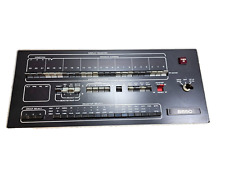
Vintage Harris S550 Front Control Panel Console w/ Key, DEC PDP
$2379.15
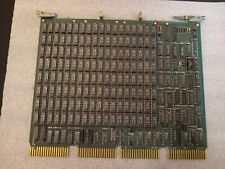
Vintage DEC/CLEARPOINT INC. -QRAM-2 SAB-1 1MB Q-BUS MEMORY MSV11-QA (B2)
$129.99
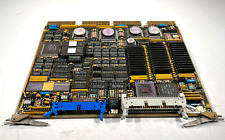
Vintage DEC MicroVAX 3400 MAYFAIRII CPU Board ~ 50-17386-01
$69.85

Vintage DEC Digital Professional 350 Desktop Computer PC350-D2
$1699.95

Vintage DIGITAL DEC MICROVAX II - 630QZ-A2
$2000.00
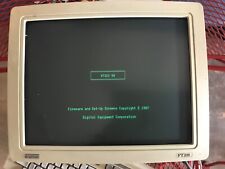
VINTAGE Green Screen Digital Terminal Monitor Model DEC VT320 - Powers On
$195.00
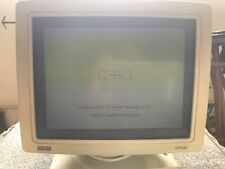
VINTAGE Digital Terminal Monitor Model DEC VT320 Powers On Black & White Screen
$99.00

Vintage DEC Digital Equipment PDP-11 Half Blank Front Panel 19''
$69.99
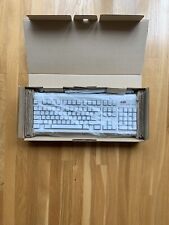
*NEW UNOPENED* Vintage DEC LB-5923 Keyboard
$40.00



 Reply With Quote
Reply With Quote










